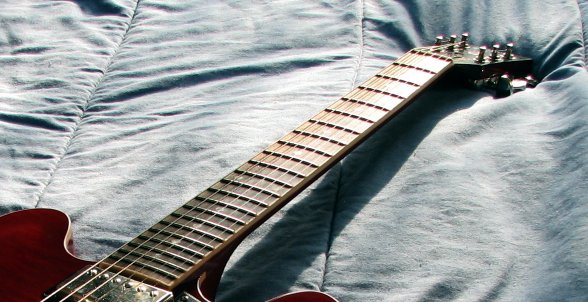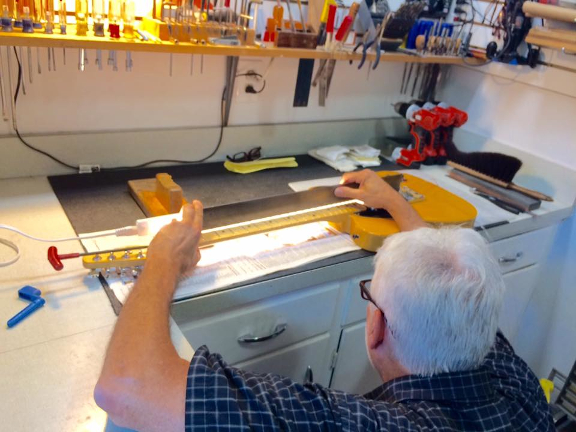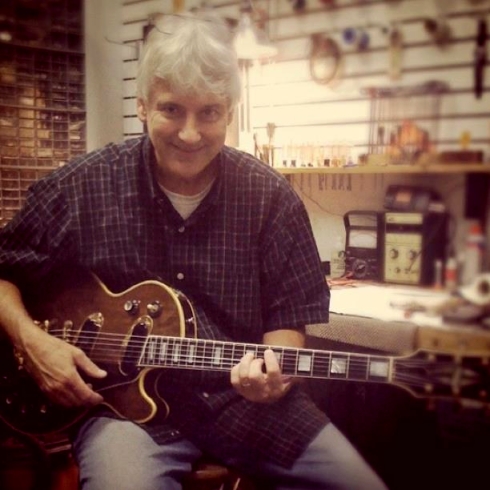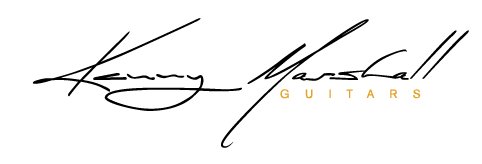

Some folks ask, "Why should I pay for a new guitar to be set up? Shouldn't a brand new, expensive guitar be set up properly from the factory?" Well, ummm, uhh, the answer isn't necessarily "yes." WHAT? Well, let me clarify. Not everyone plays the same way. Different players with different styles need different setups. Some like 'em high, some like 'em low. What you consider a good setup may well not be what another player would consider a good setup. As a result, a factory-built guitar will come with a compromise setup, one designed to please as many players as possible and to require the least money to locally adjust to a particular player's style. For instance, to properly raise a low acoustic guitar action, the end user would have to supply a new saddle and nut. If the manufacturer supplies the instrument with the action set slightly higher and lets a local tech take it down, that expense isn't incurred.
But lets address another issue: The factories don't typically have the time or budget to dial in each production instrument to the final ten to fifteen percent or so of its potential. To do so would require paying a skilled technician to spend a sizeable chunk of time on each instrument, and that, in turn, would raise the final cost of the instrument to the buyer. Another reason for the factory to leave the action higher rather than lower is to mask any high spots left in the frets or fretboard. In today's competitive atmosphere, it pays the factory to instead do a "pretty good" job that will please most of the players, and leave anything more to a local technician. It all makes economic sense, but the result is that most instruments have lots of room for improvement.
So, what does my money buy me when I have a guitar's frets dressed and the guitar setup? First off, a good technician drops the string tension down to where the strings can be pushed aside or removes them entirely. He then removes the relief in the neck with the truss rod and runs a steel straight-edge up and down the neck, looking for high frets or high spots left by the factory or created by fingerboard swelling and shrinkage as the guitar finally settled in after it left the factory. When he encounters high spots, the tech will either use a file to lower them until the frets are leveled to play their best or loosen them and reset them lower. If he finds low frets, he'll reset them higher. Believe it or not, there may be loose frets from the factory. In order to get the best action, the tech may have to reseat them and set them with super glue. Next, he'll use a crowning file to bring the frets to a proper crown shape to fret well, be in tune, and wear well. Finally, he'll round the fret ends to take off any feeling of sharpness. My tech, Kenny Marshall, makes as many as twelve cuts per fret with a micro file to smooth the fret ends.


